Drug Legalization in America: Shifting the Dialogue From ‘Why?’ to ‘How?’
As the United States debates the legalization of marijuana and faces a growing trend of opioid addiction, journalist Dan Baum discusses the complexities of legalizing drugs in our country.commons.wikimedia.org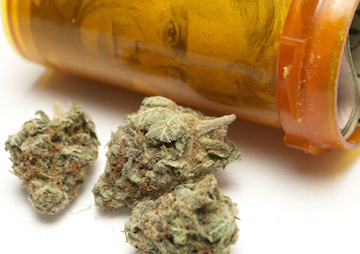 Shutterstock
Shutterstock
Imagine an America where drugs—not just marijuana, but cocaine, crack and heroin—were legalized. Journalist Dan Baum discusses this idea in an article in the April issue of Harper’s Magazine. It’s not an easy topic to address, as Baum points out, due to the long, malicious history of “the war on drugs.” But the tides are turning, he says. He rattles off a long list of countries and states currently decriminalizing everything from marijuana to heroin, with varying results:
As the once-unimaginable step of ending the war on drugs shimmers into view, it’s time to shift the conversation from why to how. To realize benefits from ending drug prohibition will take more than simply declaring that drugs are legal. The risks are tremendous. … To minimize harm and maximize order, we’ll have to design better systems than we have now for licensing, standardizing, inspecting, distributing, and taxing dangerous drugs. A million choices will arise, and we probably won’t make any good decisions on the first try. Some things will get better; some things will get worse. But we do have experience on which to draw — from the end of Prohibition, in the 1930s, and from our recent history. Ending drug prohibition is a matter of imagination and management, two things on which Americans justifiably pride themselves. We can do this.
In an interview with NPR, Baum explains how the war on drugs grew from political motivations, particularly beginning with the Nixon administration. When asked if he really believes that legalization could function in America, he responds:
I do. Look, we’re Americans. We know how to do regulation. We know how to do taxation. Thank goodness we’re not very good at repression—and that’s what we’ve been trying to do for a long time. Drug use is not the problem; it is the Americans who become dependent on them that are our drug problem.
Particularly relevant in Baum’s piece is the disenfranchisement of U.S. citizens as a result of the war on drugs. “One of every eight black men has been disenfranchised because of a felony conviction,” he states. Racial disparity in drug convictions has long been a feature of the U.S. prison system, and it’s gotten so bad that prisoners have organized a nationwide nonviolent prison strike set to begin in September.
Does Baum believe decriminalization will be easy? No. But as he says at the end of his NPR interview, “We would not call [our alcohol distribution system] a total failure because we have some drunk drivers and because some teenagers get ahold of alcohol. … We could do a better job of living with these dangerous substances if we changed the way we think about them.”
Marijuana is legal in four states and the District of Columbia. A number of states will vote on legalizing marijuana in November, and although we are a far step from decriminalizing heroin or methamphetamines, the issue is worth watching.
—Posted by Emma Niles
Your support matters…Independent journalism is under threat and overshadowed by heavily funded mainstream media.
You can help level the playing field. Become a member.
Your tax-deductible contribution keeps us digging beneath the headlines to give you thought-provoking, investigative reporting and analysis that unearths what's really happening- without compromise.
Give today to support our courageous, independent journalists.
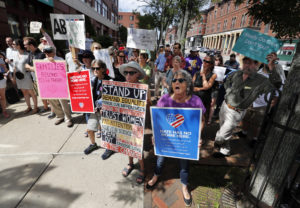


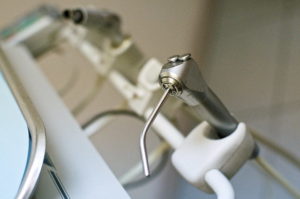
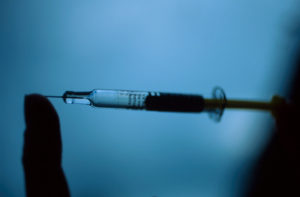
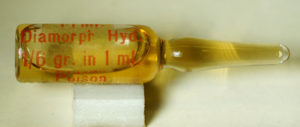
You need to be a supporter to comment.
There are currently no responses to this article.
Be the first to respond.